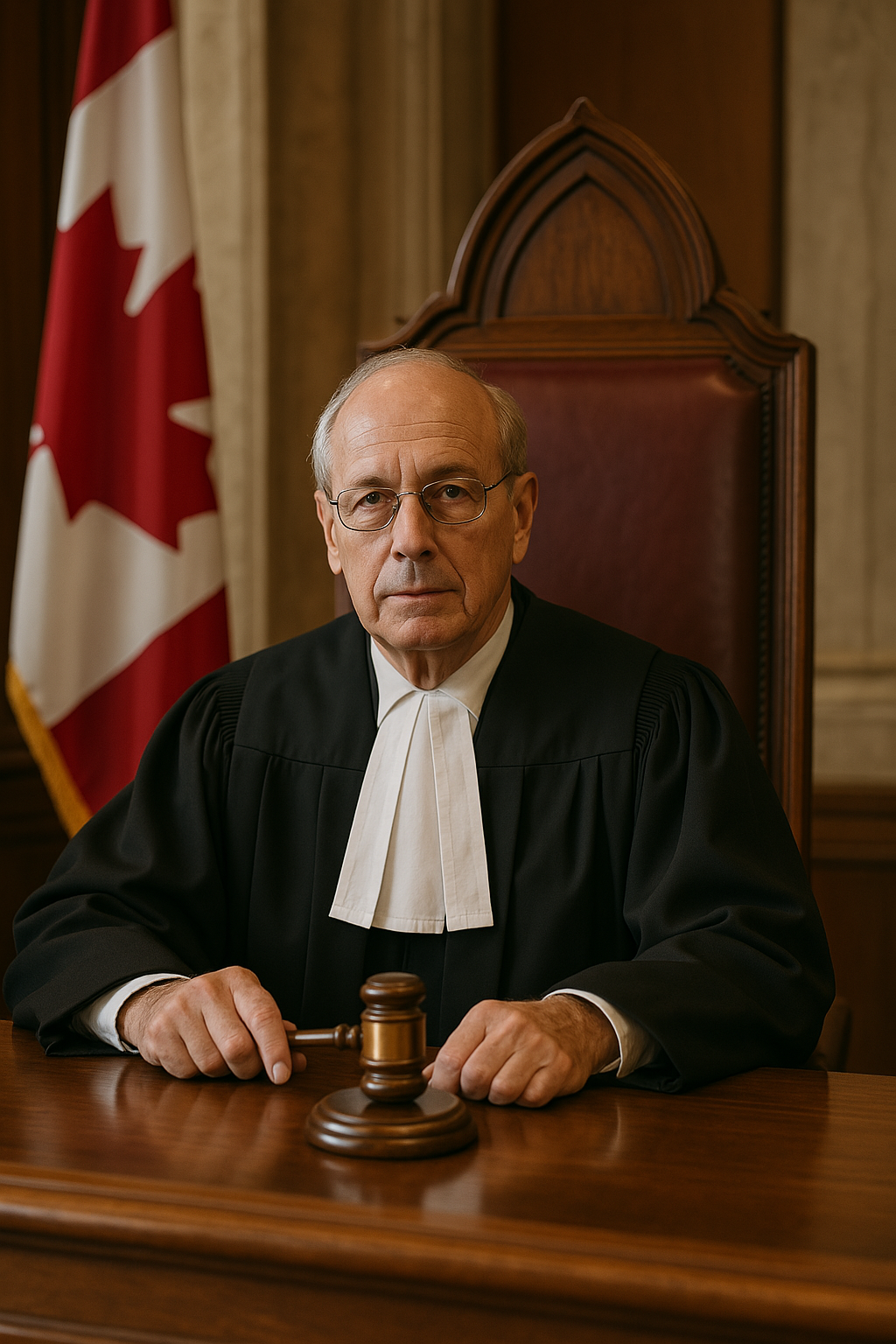
By Jenny Holly Hansen | WBN News | April 16, 2025
In Canada, the rule of law is upheld through a carefully designed balance between Parliament and the courts. These two branches of government serve distinct, complementary roles in our democracy: Parliament creates the laws, and the courts interpret and enforce them. Understanding this relationship is essential for grasping how our legal system functions—and why debates sometimes arise about which institution has the final say.
Who Makes the Laws?
Laws in Canada are made by Parliament, which includes three parts: the House of Commons, the Senate, and the Governor General (who gives Royal Assent on behalf of the Crown). Elected Members of Parliament (MPs) propose, debate, and vote on bills, which must pass both the House and Senate before becoming law. This process reflects the democratic will of the people, as MPs represent voters from across the country.
Who Upholds the Laws?
Once laws are passed, it's the job of the courts to interpret and apply them. Judges do this by hearing cases and making rulings based on the law and the Constitution, including the Canadian Charter of Rights and Freedoms. Courts have the authority to strike down laws that violate the Charter or fall outside Parliament’s legal powers.
At the highest level, the Supreme Court of Canada serves as the final arbiter of constitutional and legal disputes. Its decisions set legal precedents that guide lower courts and help define the practical meaning of legislation passed by Parliament.
Working Together: A System of Checks and Balances
While Parliament reflects the democratic process, the judiciary provides a check to ensure that laws respect the Constitution. This balance is foundational to Canada's system of responsible government. It ensures that no single branch—legislative or judicial—has unchecked power.
For example, if Parliament passes a law that restricts free speech in a way that conflicts with the Charter, a court can rule the law unconstitutional. Parliament, in turn, can respond by amending the law or invoking the "notwithstanding clause" (Section 33 of the Charter) under specific circumstances.
Why the Conservative Party Emphasizes Parliamentary Supremacy
In recent years, some members of the Conservative Party of Canada have voiced concerns that the courts are overstepping their role by overturning or reinterpreting laws passed by Parliament. Their position is often rooted in a belief in “parliamentary supremacy”—the idea that elected officials, not unelected judges, should be the ultimate decision-makers in a democracy.
This view holds that democratic legitimacy stems from the people, through their elected representatives. From this perspective, when courts override legislation, it can appear as though judges are imposing their own views in place of those chosen by voters.
However, Canada’s system is not one of pure parliamentary supremacy. Instead, it's a constitutional democracy—meaning all laws must comply with the Constitution, and the courts have a legitimate role in ensuring that compliance.
Why This Matters
The tension between Parliament and the courts isn't a flaw—it’s a feature of a healthy democracy. Laws should reflect the will of the people, but they must also protect fundamental rights and remain within constitutional boundaries. The dynamic between lawmakers and judges is meant to keep that balance in check.
Understanding this helps Canadians appreciate the responsibilities and limitations of each institution. It also explains why debates over the role of courts and Parliament will continue, especially as society evolves and new legal and political challenges emerge.
Let’s Keep Talking:
Jenny is a business insurance broker with Waypoint Insurance.
She is also a business development consultant with Impresario Partners, helping Canadian Business expand overseas.
She can be reached at 604-317-6755 or jholly-hansen@wbnn.news. Connect with Jenny on LinkedIn at https://www.linkedin.com/in/jenny-holly-hansen-365b691b/. Connect with Jenny at BlueSky: https://bsky.app/profile/jennyhollyhansen.bsky.social
Let’s Meet Up:
Jenny Holly Hansen is a cohost with Chris Sturges of the Langley Impact Networking Group. You are welcome to join us on Thursday’s from 4pm to 6pm at: Sidebar Bar and Grill: 100b - 20018 83A Avenue, Langley, BC V2Y 3R4
TAGS: #Jenny Holly Hansen #Canadian Parliament #Canadian Courts #Canadian Laws #Canadian Constitution #Candian Charter of Rights and Freedoms #Supreme Court of Canada


